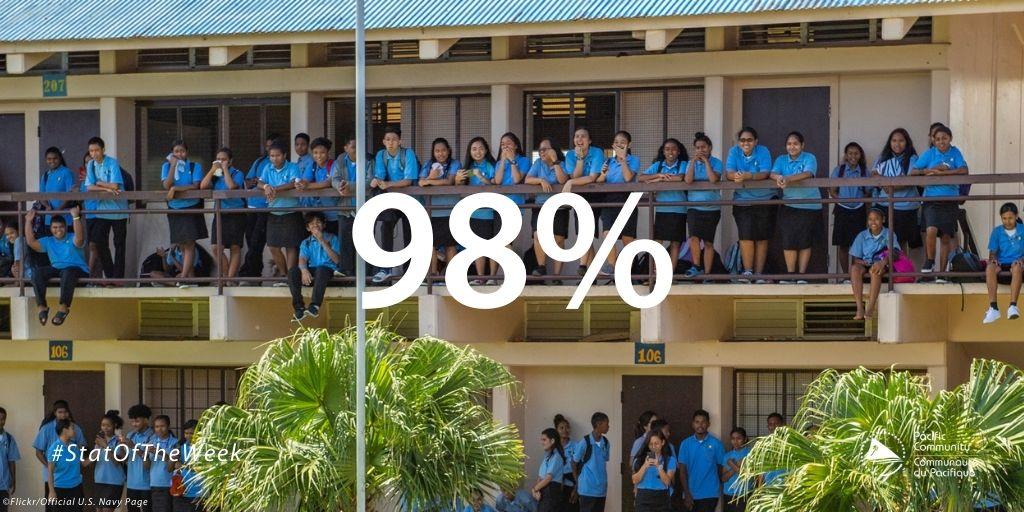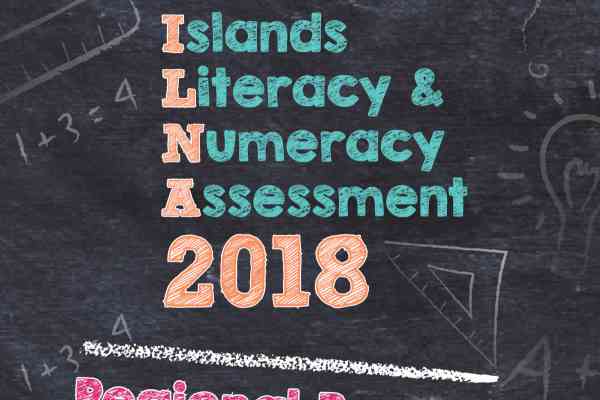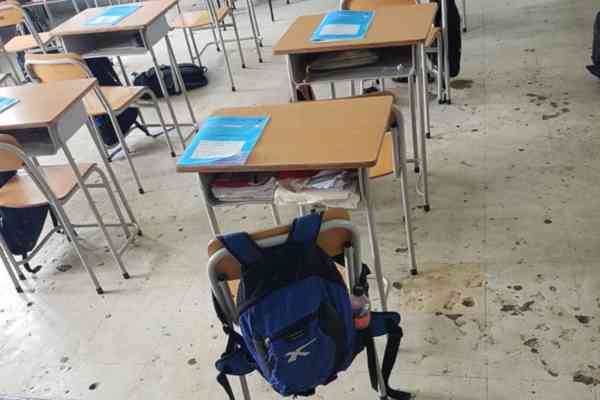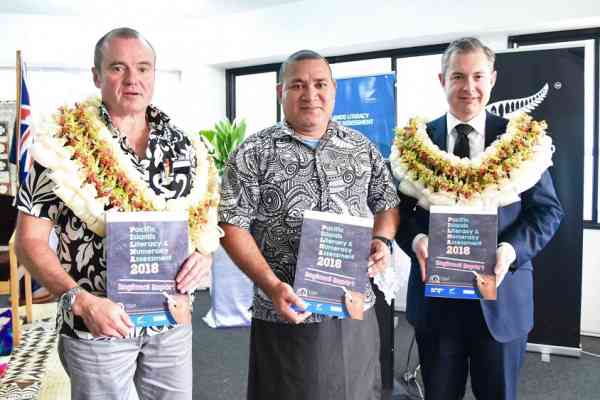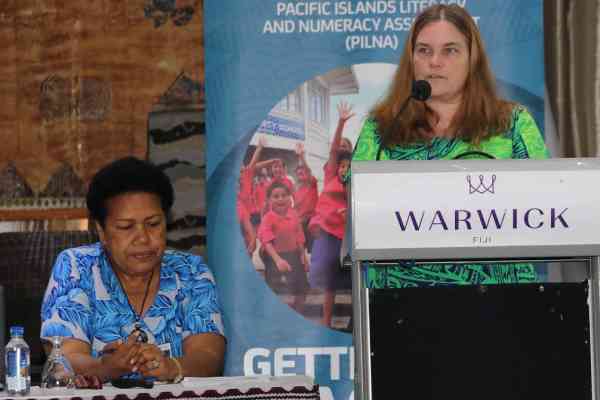(contenu disponible en anglais uniquement)
98% of children in Palau achieve minimum proficiency in literacy by the end of primary school. (PILNA 2018)
The Pacific Islands Literacy and Numeracy Assessment (PILNA) is a measurement of regional standards based on a common scale; it is a regional collaborative model that is highly consensual among the participating countries, providing shared intellectual capital and value for money. PILNA provides data on literacy and numeracy skills of students who have completed four and six years of formal primary education. In 2018, 15 Pacific Island countries participated in the third administration of PILNA.
The Pacific region is one of the largest and most diverse regions in the world, yet many countries have identified common education challenges, particularly in literacy and numeracy. Each country recognises the right of the child to have access to good quality education – of which literacy and numeracy are an inherent part – regardless of gender, ethnicity, family background or socio-economic status.
Download
| Pacific Islands Countries and Territories | Primary education (Year 6) 2018 | Primary education (Grade 7) 2018 |
|---|---|---|
| Cook Islands | 82 | |
| Fiji | 71 | |
| Micronesia (Federated States of) | 48 | |
| Kiribati | 26 | |
| Marshall Islands | 51 | |
| Nauru | 62 | |
| Niue | 90 | |
| Palau | 96 | |
| Solomon Islands | 70 | |
| Tokelau | 86 | |
| Tonga | 30 | |
| Tuvalu | 44 | |
| Vanuatu | 50 | |
| Samoa | 48 |
